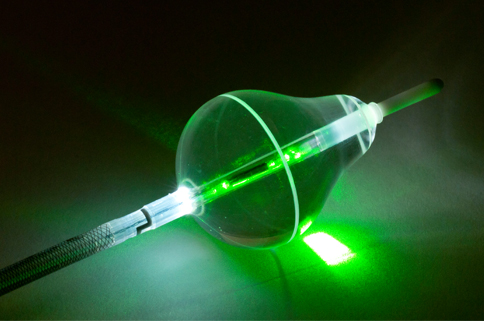Final guidance from the National Institute for Health and Clinical Excellence (NICE) has recommended the prescription of rivaroxaban for the prevention of stroke and embolism in patients with atrial fibrillation (AF). The drug works by preventing the blood from clotting which is important in the treatment of AF patients who are at a five times greater risk of developing blood clots and suffering a stroke.
Rivaroxaban, which stops the formation of thrombin and fibrin (key components in blood clotting) has been authorised for patients with non-valvular atrial fibrillation who also have hypertension or diabetes, are over the age of 75, or have had previous strokes or transient ischaemic attacks (TIAs). However, the medication is not without side effects and will only be offered to patients once they have had a full discussion with their doctor about the risks and benefits of the two heart drugs, rivaroxaban and warfarin.
The side effects of both anti-coagulant drugs include problems with bleeding; warfarin has been known to cause haemorrhages and rivaroxaban can cause nose bleeds, bleeding from the gums and blood in vomit or urine.
 If you would like more information on the latest treatments for atrial fibrillation, a common heart rhythm disorder, see ‘Laser balloon ablation for atrial fibrillation’ by Dr Oliver Segal, Consultant Cardiologist at University College Hospital London.
If you would like more information on the latest treatments for atrial fibrillation, a common heart rhythm disorder, see ‘Laser balloon ablation for atrial fibrillation’ by Dr Oliver Segal, Consultant Cardiologist at University College Hospital London.







